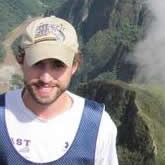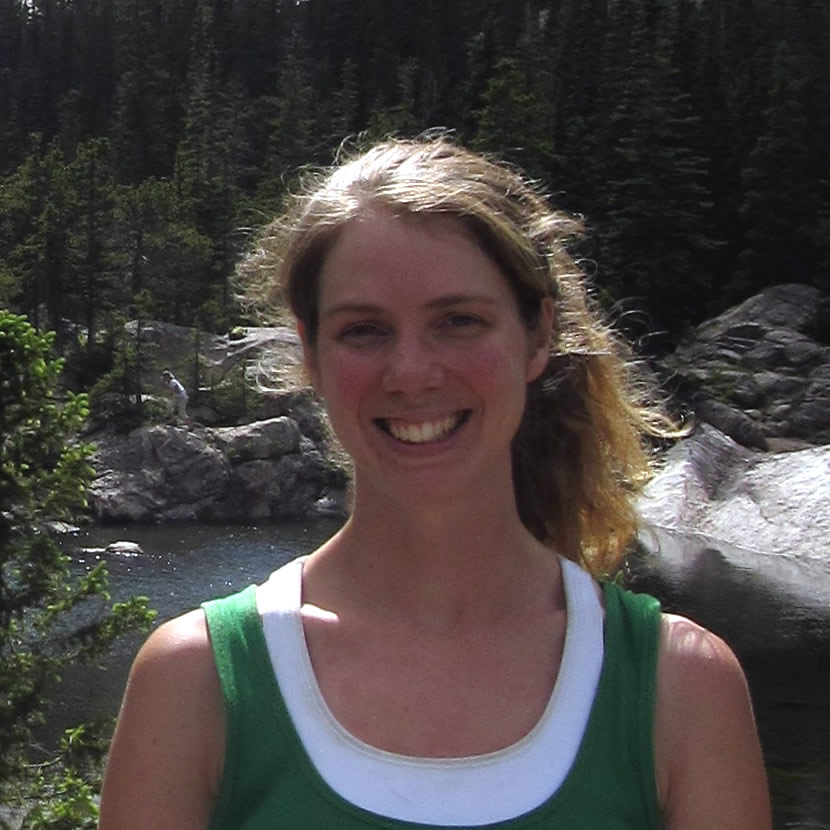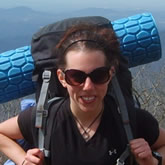2011 Water Institute Graduate Fellows
 |
Elliott Arnold - Geological Sciences Elliott received his BS degree from Pennsylvania State University, and received his MS degree from the University of Florida. After his undergraduate studies, he worked as a paleontologist in South Dakota, excavating Columbian Mammoths from a 26,000 year old sink hole. Prior to joining the Water Institute he studied climate records recorded in the carbonate shells of modern mollusks. He is interested in isotopic analyses of oxygen and carbon, as well as paleolimnological investigations into historic trophic state changes. |
 |
Wesley Henson - Agricultural & Biological Engineering Wesley R. Henson joins the Water Institute from Reno, NV. His advisor is Dr Wendy Graham and he is a PhD candidate in the Agricultural and Biological Engineering Department. His research will focus on using hydrologic models to explore nutrient issues in Florida. He obtained his BS in Environmental Geology with a Hydrogeology Minor from the Mackay School of Mines and MS in Hydrogeology from the Hydrologic Sciences Program at the University of Nevada, Reno. His research interests include: groundwater/surface water interactions, surface and subsurface integrated hydrologic models, and integrated model software development. |
 |
Joelle Laing - School of Natural Resources and the Environment Joelle Laing will be working on ecosystem thresholds and their role in the development of nutrient criteria with Dr. Tom Frazer. She recently graduated with an M.S. in Restoration Ecology from North Carolina State University, where she researched Atlantic White Cedar restoration in the Great Dismal Swamp after hurricane damage. Over the last eight years, she has gained experiences across the US in restoration, fire ecology, botany, and soil science at Rocky Mountain Research Station, The Nature Conservancy, and the Colorado Natural Heritage Program. |
 |
Charlie Nealis - Soil and Water Science Charlie Nealis is in the Soil and Water Science department under the advisement of Dr. Mark Clark. He is interested in researching nutrient management in urban stormwater treatment ponds. Charlie received both his Bachelorís and Masterís degrees from the University of Florida with a BS in Food and Resource Economics with a minor in Agronomy and MS in Agricultural Education and Communication. Charlie has worked in nutrient management studies in turfgrass as well as waterfront landscaping and community based social marketing for the reduction of nonpoint source pollution for several years. Most recently, Charlie taught Biology and AP Biology at Deltona High School in Deltona, Florida. |
 |
Courtney Reijo - School of Forest Resources and Conservation Courtney Reijo earned her Bachelorís degree from Carroll University (Waukesha, WI) and attended Virginia Tech for her Masterís program through the Department of Forest Resources and Environmental Conservation. Her research included the development of a coupled GIS-based framework and nutrient transport modeling methodology to assess the effect of riparian buffer topography and geomorphology in influencing the transport of nitrogen across the entirety of the Chesapeake Bay Watershed (CBW). Courtney is currently studying under Dr. Matthew Cohen in the School of Forest Resources and Conservation at UF. Her current research interests broadly include studying nutrient dynamics and ecosystem nutrient retention methodologies at multiple spatial and temporal scales within North Florida streams. |
 |
Grant Weinkam - Environmental Engineering Sciences Grant Weinkam obtained his B.S. in Environmental Biology from Ohio University and his M.S. in Environmental Science from the College of Civil and Environmental Engineering at the University of Cincinnati. His graduate work focused on the principles of bioremediation, with a specialization in water quality from an engineering perspective. He has worked as an environmental researcher at an USEPA research facility working on degradation/sorption of endocrine disrupting compounds in the waste water treatment process, disinfection byproduct formation in drinking water treatment, and surface water quality experimentation monitoring effectiveness of low impact development. |

